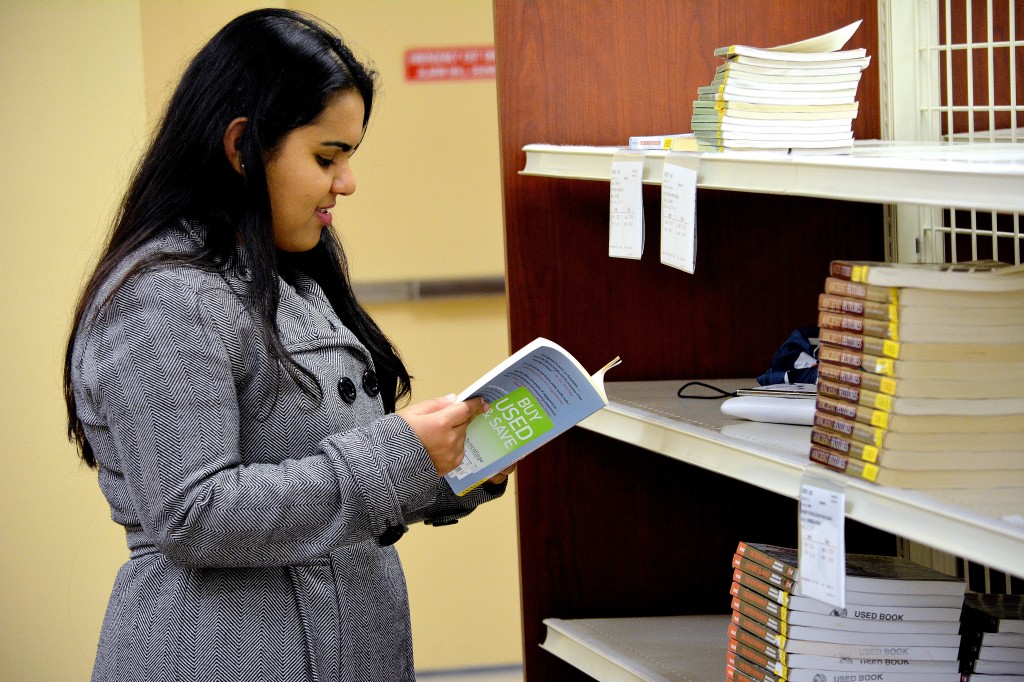
In addition to tuition and room and board, college students normally spend hundreds of dollars every semester on books for class. SUNY is expanding online resources to offer cheaper options to all its schools.
This past month, the Open SUNY Affordable Learning Solutions website became available to all faculty, staff and students. The initiative provides cheaper alternatives to traditional textbooks and links to free courses online, including one released by Binghamton University mathematics professor Joseph Brennan in 2011.
There are currently seven free Open SUNY textbooks in publication, and 15 more being written. SUNY Chancellor Nancy Zimpher said in a statement that the site would alleviate the need for students to spend large sums of money.
“Twenty-three percent of college students nationally take classes without purchasing the required textbooks because they are too expensive,” Zimpher said. “We never want that to be the case at SUNY, and with the introduction of Affordable Learning Solutions, it doesn’t have to be.”
According to the Binghamton University Financial Aid Services, students spend an average of $500 each year on textbooks and other school materials in addition to tuition. This cost is expected to increase in the coming years.
Open SUNY textbooks, the online textbook resource, was created by SUNY Geneseo, Brockport, the College of Environmental Science and Forestry, Fredonia, Upstate Medical University and the University at Buffalo libraries.
Before the program was adopted state-wide, it was tested in the spring 2014 semester with two online textbooks and, according to the SUNY website, 185 students from the first six schools saved a total of $15,464.
But the new initiative has also raised some concerns. According to Heather Sheffer, the manager of BU’s bookstore, there are benefits to using print textbooks, and online resources frequently do not receive the same level of scrutiny from editors.
“Some of the platforms are very good, but on others the platforms are very hard to use,” Sheffer said. “A lot of students are still struggling with the digital learning process, and many still like to have the book to write in and highlight.”
Sheffer said that the bookstore staff is fully aware of how expensive textbooks have gotten, and added that she hopes the affordable learning solution will help.
“The more we can do to lower the costs for students, the better,” Sheffer said. “We hope professors will publish more on the website.”
According to Emma Ryan, a sophomore majoring in integrative neuroscience, the database will positively impact students across campus.
“From a student’s point of view, considering how much [we] spend on textbooks, it seems like a great idea,” Ryan said. “It will have a positive impact on students for sure.”
Sandra Khalil, a senior double-majoring in Arabic and political science, said that this initiative should alleviate stress for students.
“This initiative is a step in the right direction for students struggling to take care of extra school expenses,” Khalil said. “A resource like this may eliminate one of the many stresses of being prepared for class.”


